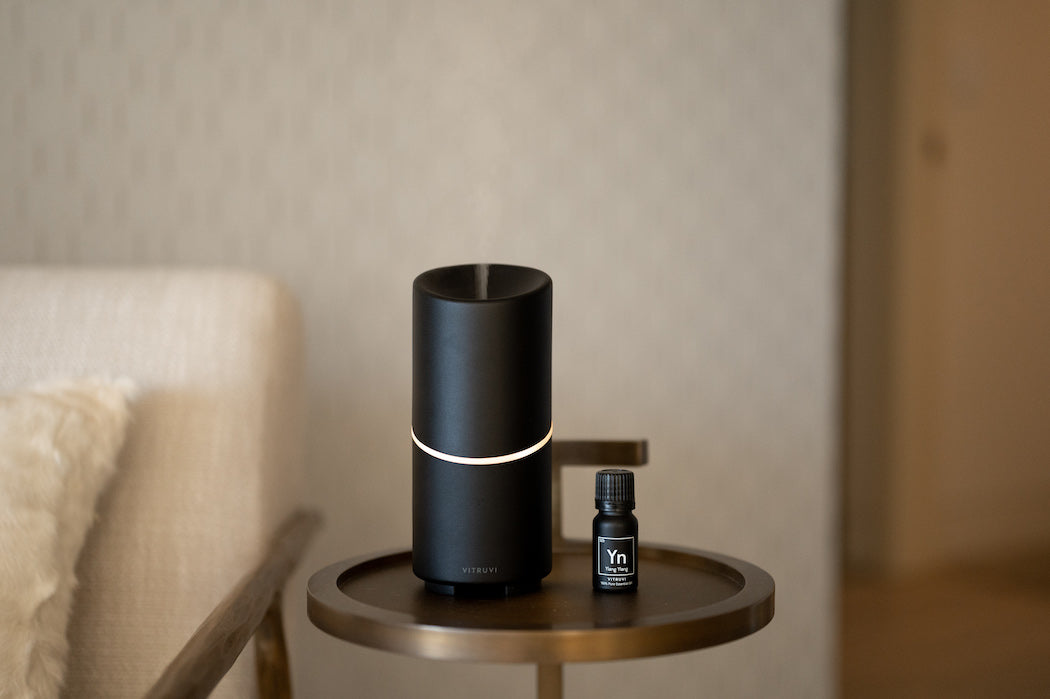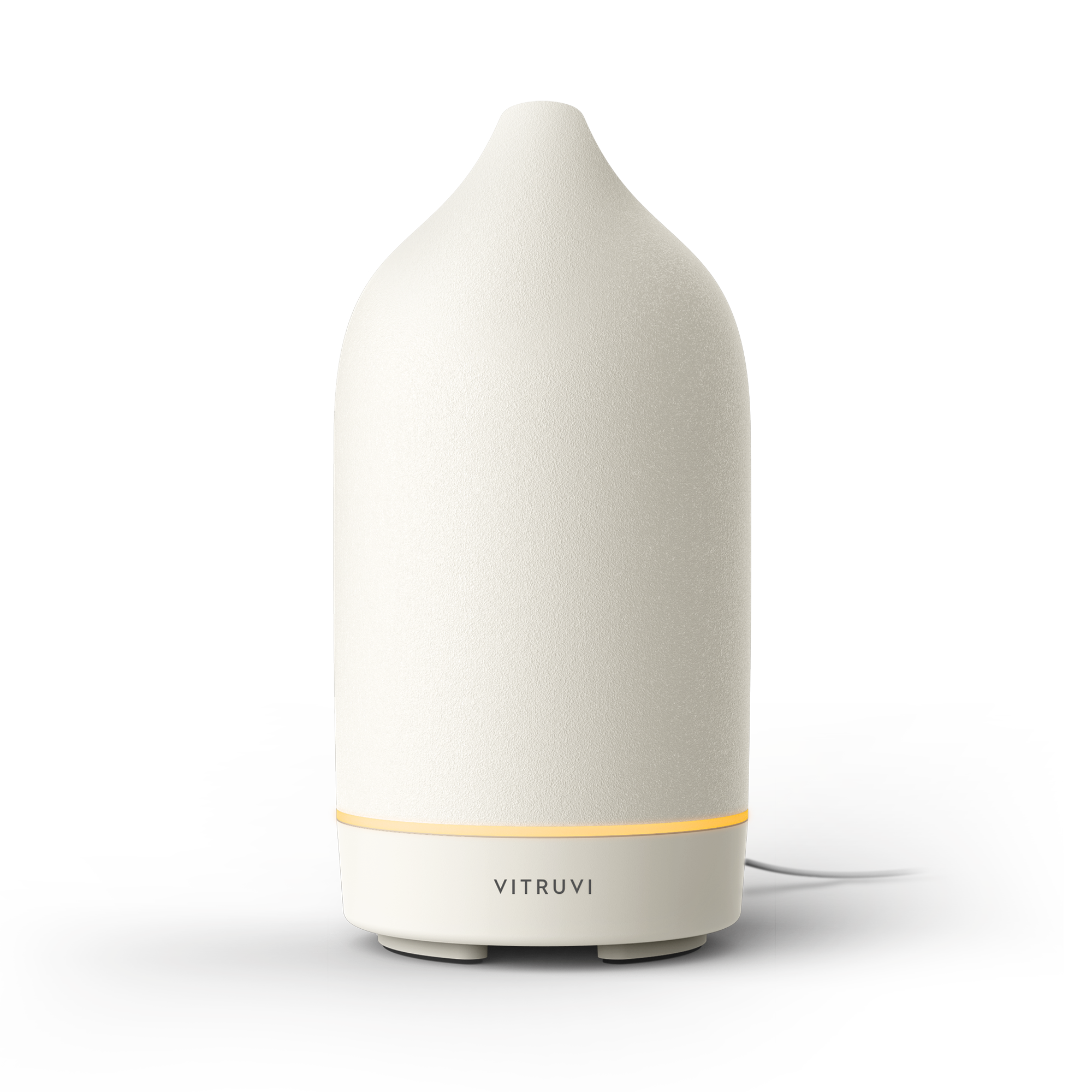After giving birth to her first daughter in December 2017, Chinese-American chef Kathy Fang participated in confinement, an ancient Chinese postpartum tradition. During this process, new mothers are cared for in their homes and fed specific foods and Chinese herbs, based on Traditional Chinese Medicine, to aid in their recovery. These soups, tonics, and foods focus on nourishing the body—and although the tradition stemmed from rehabilitating mothers after an arduous pregnancy and birth, they are actually very beneficial for everyone. Via phone, Fang—co-owner and executive chef of San Francisco’s Fang Restaurant—discusses her personal experience with this traditional practise, and even shares a few recipes.
To start off, can you explain what confinement is?
It’s pretty close to what it sounds like. For one full month, the mother and her baby are confined to the house so that the mother can properly rest and heal during the most crucial period of recovery. The Chinese call it zuo yue zi which means “to sit a month.” Being confined indoors for a month is one of many rules and guidelines the mother must follow in order to properly practice confinement. In addition to following strict guidelines, the mother must also follow a very strict diet. Confinement meals are prepared during this month, and postpartum mothers must only eat what is given and nothing else. This age-old custom dates back to the year 960 and is still very commonly practiced in Asia.
That sounds so rigid! Did you get restless being indoors for a full month?
I actually did not get restless. In fact, when my confinement was over, my husband had trouble getting me out. I really enjoyed being taken care of and resting and spending quality time with the baby. The thought of getting out, doing makeup didn’t sound appealing to me at the time. It’s odd because I’m usually working and always doing things. I get restless normally, but having a baby made me want to take a pause, especially since I knew once I got out of maternity leave it would be go, go, go, again.
Having gone through confinement, what are your thoughts on it? Do you think it makes sense for modern-day moms?
Before confinement, I was a bit skeptical of all the benefits my mom and relatives were raving about. All my elders tried to convince me that proper confinement will reset a woman’s body so that she will come out of the whole ordeal a stronger and healthier woman than before pregnancy. Do I feel stronger and healthier than before? It’s honestly hard to compare my health from before pregnancy to now, especially since I was very strong and healthy before pregnancy. Most people who saw me after confinement all commented on how energized I looked, compared to most new moms who look sleep-deprived and tired. The fact that I was able to sleep quite a bit probably made me feel back to my old self faster than most new moms who did not have confinement. There are, however, many other benefits of confinement my relatives glossed over that I think should be emphasized.
What were the biggest benefits for you?
During the first month, the mother does not do any work. I mean, what new mother wouldn’t be on board with this idea? To think that the mom gets to rest as much as she can after carrying and growing a human being for nine months in her belly sounds like a darn good idea to me. I walked into my home from the hospital with food ready on the table. I sat down to eat a real meal: clean and simple, healthy and light, but nourishing at the same time. While I enjoyed my first meal at home, the confinement nanny took the baby and handled everything. All new moms could use a helping hand, right? Why can’t we make this a tradition for all new moms?
What type of food did you eat during confinement? Did you enjoy the meals?
While traditional confinement meals are very strict and may be hard to follow, there are some really great philosophies behind these meals that we can learn from and apply with modern-day new moms. For example, for the first two weeks, meals are incredibly healthy but filling. I had lean protein prepared with minimal oil, salt, and seasoning. I also had tons of vegetables that were prepared with no oil and salt, and whole grains were given in small quantities. My body felt really good during this time period; I felt energized, strong, and comfortable every day. And it makes total sense. If moms eat junk or unbalanced meals during this period, their already sluggish bodies will feel even more tired. You’ll be running on fumes. I also got super lucky in that my confinement nanny was an incredible cook. I had some really fantastic confinement meals that month which I even crave to this day. Modern-day moms can at the very least follow some of the basic theories for eating: whole grains, lean proteins, steamed vegetables, minimal salt and oil, tons of fluids and soups.
Yin Nourishing Soup (Chayote Carrot Soup)
Yield: Serves 3-4
Prep time: 5 minutes
Cook time: 1.5 hours
Ingredients
- 1 chayote squash
- 8 pieces shelled chestnuts
- 1 large carrot
- 10 ginkgo nuts (can be found on Amazon)
- 20 pieces raw almonds
Method
- Peel the chayote and carrot. Cut them into large chunks.
- Put all of the ingredients into a large pot and add eight cups of water.
- Bring it to a boil first, and then turn the heat to low and leave it to cook with the lid on for 1.5 hours.
- Eat it fresh, and store the extra tonic in jars to be enjoyed later.
Tips
- For best results, tonics and soups should be consumed in the evening. Have a big lunch and replace dinner with a big bowl of tonic.
- If you can’t find ginkgo nuts on Amazon, you can omit them from the recipe. Or when you finish making the tonic, you can sprinkle some gingko powder into it.
Pork and Squash Soup with Mushrooms
Yield: Serves 2
Prep time: 5 minutes
Cook time: 5 minutes
Ingredients
- 1/3 pound pork tenderloin, sliced thin
- 2 small zucchinis, cut into small chunks
- 5 button mushrooms, cut into thick slices
- 2 large slices of ginger
- Salt to season (no more than a few pinches)
Method
- Put everything into a large pot and add three cups of water.
- Boil vigorously for five minutes.
- Season and enjoy right away.
This interview has been edited and condensed.















